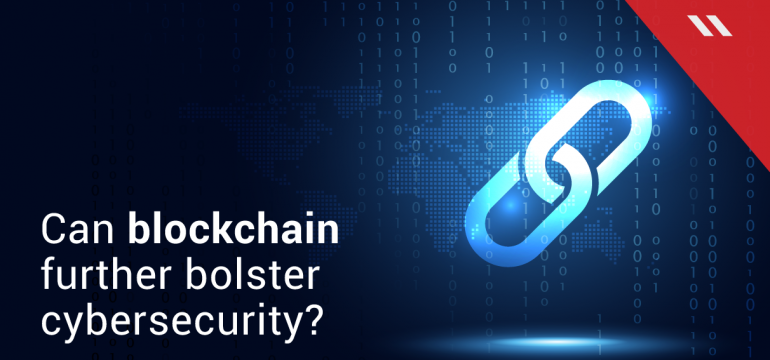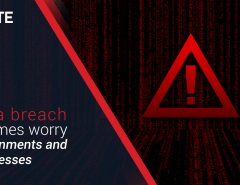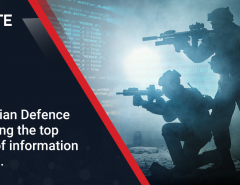NASA recently announced a proposal to explore the possibility of using blockchain to improve the cybersecurity of its current air traffic management systems. It was a powerful statement from one of the world’s most well-known organizations and a strong endorsement of blockchain which has the potential to change how business is conducted, worldwide.
To understand its power, it is important to understand what blockchain actually is — it is a type of ledger containing records arranged in data blocks that use cryptographic validation to link together. Blockchain is a database with built-in validation where all transactions are recorded and confirmed anonymously.
Decentralization for greater security
A key differentiating point about blockchain is that it is distributed and exists on multiple systems at the same time. Importantly, the information entered cannot be altered. Each user needs a private, cryptographically created key to access only the blocks they own. In this way, the ledger cannot be manipulated as no one can edit a blockchain without having the corresponding keys.
It is this decentralization that could revolutionize cybersecurity. The principle of blockchain technology is that there is no centralized authority or storage location – in conventional information systems, attackers can target this kind of a lower system to inflict maximum damage. This means each transaction is verified against the entire network with each transaction required to be verified cryptographically. This ultimately means that an entire database is not at risk in the event of a major vulnerability, mainly because it is distributed on different nodes unlike a conventional setup.
Benefits of blockchain technology
While research into blockchain continues, more and more companies are exploring how blockchain could benefit their enterprise security. Two key ways are:
A Lower percentage of DDoS attacks
Distributed denial of service (DDoS) attacks occur when an attacker launches multiple, continuous attacks on a server, ultimately compelling it to get overwhelmed and collapse. However, the very decentralization which is at the heart of blockchain technology could enable a lower percentage of DDoS attacks on enterprises. The information would be distributed along a large number of nodes ensuring there is no single point of vulnerability.
Better data protection
Enterprises have to be much more careful about the way they handle customer data considering the new wave of data protection laws across the world. Blockchain technology could ensure better protection of data, thanks to its inbuilt protection mechanisms. Data is cryptographically secured with unique keys and distributed across multiple devices. Each node has a copy of the entire blockchain which is synchronized with a new update with details also recorded. Hence, any attempt at trying to delete data or put false data can be immediately detected.
With many companies exploring the power of blockchain for cybersecurity and other functions, it is quite clear that the technology has a long future. Enterprises must continue to explore ways in which they can unlock the power of blockchain to enable greater cybersecurity.




